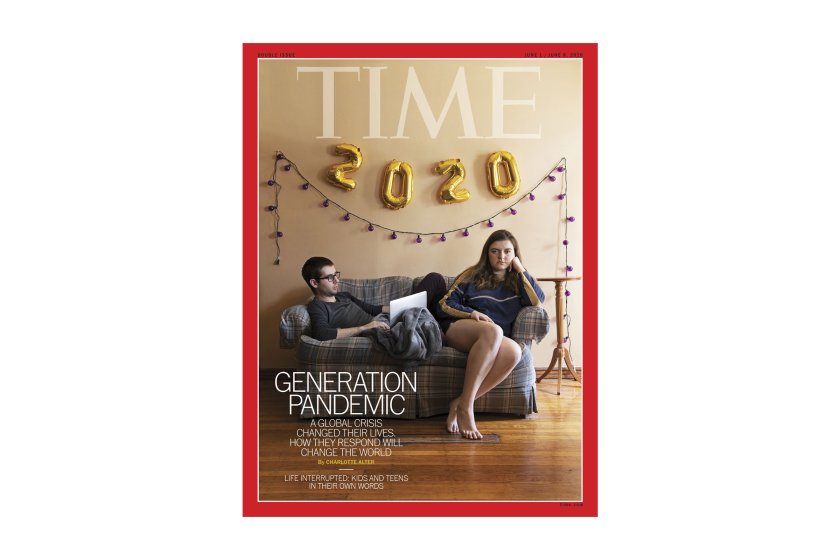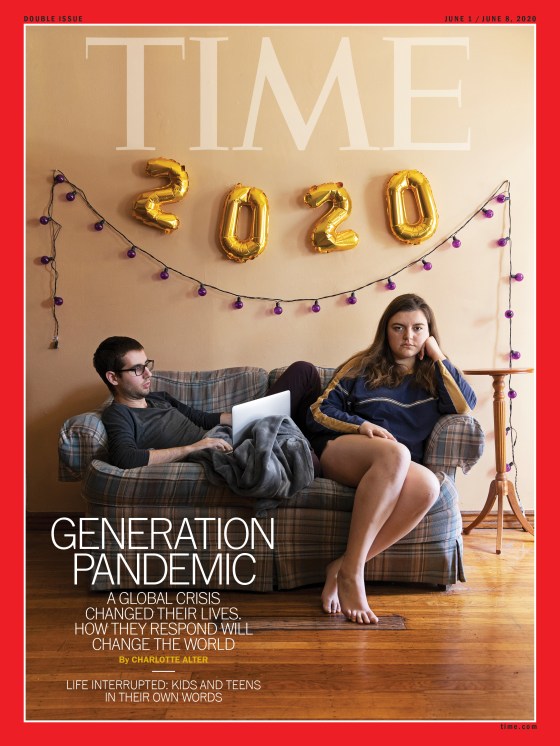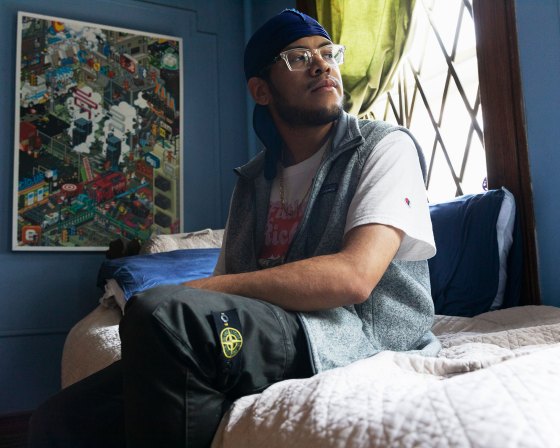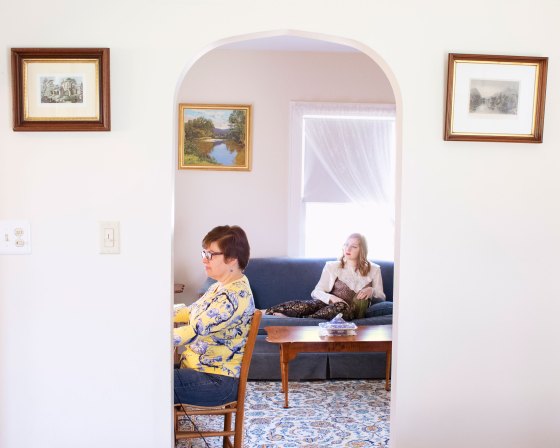
-Рубрики
- DO YOU WANT TO BE A LONG LIFE? (3454)
- Учим немецкий по самоучителю (8)
- Panet.co.il (1)
- Facebook.https: //www.facebook.com/eduard.furman.3 (18)
- FURMAN_ED.ЗДОРОВЬЕ И КРАСОТА МУЖЧИНЫ (243)
- Health & Lifestyle > Health (1228)
- Food & Drinks (295) (524)
- Fighting insomnia .. (86) (106)
- Memory, sight, hearing (409) (245)
- Weight loss as part of health. (111)
- https://www.liveinternet.ru/users/4108813/profile/ (2)
- https://www.liveinternet.ru/users/4108813/rubric/1 (0)
- Live Human Communication (979)
- Russian (79)
- Cilia_Fur (14)
- New Rezume.0rg. (13)
- Miroslava.USEFUL TIPS. (6)
- Ирина Юрьевна (2)
- Potassium O Ash(Калий_О_Аш) (2)
- Russian (2)
- The Robber Grandfather (2)
- Elena always in form ! (103)
- Metargem 83 - работа переводчика.. (467)
- Polyglot 83 (4795)
- Furman Ed (1599)
- New Rezume.0rg. (7)
- Spanish (96)
- YOSEF LEITUS(BEER-SHEVA) (40)
- Arabic (132)
- BabaMail.Everything that interests you. (162)
- English (435)
- France (4)
- German (320)
- Hebrew (52)
- Humor 83... (249)
- Israel Hayom Newsletter in English (27)
- Italian (6)
- Own translations, language learning (1693)
- Personal comments on my writings. (1728)
- Personal University of Self-Development (1614)
- Polyglot Correspondence (924)
- Romanian (6)
- Ukrainian (29)
- Welcome to Baba-Mail (1449) (128)
- Writings from 1979 (11)
- Yiddish (11)
- Polyglot 83.http://www.megapolis.org/forum/search (4)
- Putin President New Russia(7/5/18) (802)
- TRUMP. USA (444)
- USA . (71)
- Форум Метаргем 71-English,Hebrew,Arabic https://w (1)
-Поиск по дневнику
-Подписка по e-mail
-Друзья
-Постоянные читатели
-Сообщества
-Статистика
Записей: 5199
Комментариев: 601
Написано: 6456
Polyglot 83.How COVID-19 Will Shape the Class of 2020 For the Rest of Their Lives(G-E) |

Personal comments on my writings.
Persönliche Kommentare zu meinen Schriften.
Personal University of Self-Development
Persönliche Universität für Selbstentwicklung

Photograph by Hannah Beier for TIME
How COVID-19 Will Shape the Class of 2020 For the Rest of Their Lives
How COVID-19 Will Shape the Class of 2020 For the Rest of Their Lives

Relationships end with breakups or death, jobs often end with quitting or firing, but college is one of the only things in life that ends with a fresh start.
Except when it doesn’t.


Photograph by Hannah Beier for TIME

Hannah Beier, a photography major in the Drexel University Class of 2020, has been virtually photographing her classmates in quarantine. She directed this series of portraits over FaceTime.
Two months later, Robertson’s transition to adulthood is in limbo. He skipped his online commencement and he’s living in his childhood bedroom, which had been converted to a guest room. His parents have lost their travel agency work, and his own job prospects have dried up. “No longer am I just a student writing about the Great Depression,” he says. “Now there’s a depression.”
College graduation is often marked by an adjustment period, as students leave the comforts of campus to find their way in the raw wilderness of the job market. But this year’s graduates are staggering into a world that is in some ways unrecognizable. More than 90,000 Americans have died; tens of millions are out of work; entire industries have crumbled. The virus and the economic shock waves it unleashed have hammered Americans of all ages. But graduating in the midst of the coronavirus pandemic will have enduring implications on the Class of 2020: for their memories, their earning power, and their view of what it means to have a functional society. For these young adults, the pandemic represents not just a national crisis but also a defining moment.

Hannah BeierJoshua McCaw, Drexel University Class of 2020, in his childhood bedroom in Brooklyn

Even before COVID-19, the Class of 2020 came of age at a time of fear and uncertainty. Born largely in 1997 and 1998—among the oldest of Gen Z—the Class of 2020 were in day care and pre-kindergarten on 9/11. Their childhoods have been punctuated by school -shootings and catastrophic climate change. Their freshman year at college began with President Donald Trump’s election; their senior year ended with a paralyzing global health crisis. “We stepped into the world as it was starting to fall apart,” says Simone Williams, who graduated from Florida A&M University in an online commencement May 9. “It’s caused my generation to have a vastly different perspective than the people just a few years ahead of us or behind us.”
Researchers have found that the major events voters experience in early adulthood—-roughly between the ages of 14 and 24—tend to define their political attitudes for the rest of their lives. And the Class of 2020’s generation was -already disaffected. Only 8% of -Americans -between 18 and 29 believe the government is working as it should be, and fewer than 1 in 5 consider themselves “very patriotic,” according to the 2020 Harvard Kennedy School Institute of Politics survey of young Americans. They are at once widely skeptical of U.S. institutions and insistent on more government solutions; they’re disappointed in the current system, but hold out hope for a better one.

Hannah BeierBrooke Yarsinsky, Drexel University Class of 2020, celebrating her birthday in her family’s kitchen in Marlton, N.J.

For the Class of 2020, COVID-19’s lasting impact may be determined by what happens next. If the rising cohort of young workers are left to fend for themselves, mass youth unemployment could lead to permanent disillusionment or widespread despair. A forceful, effective response that invests in the rising generation of American talent could restore their faith in the system.
It’s not clear to the Class of 2020 how the pandemic will play out. They just know it will change their lives. “Everything” is at stake, says Yale history major Adrian Rivera. “It’s this pivotal moment where we’ll never forget what’s done,” he says. “Or what isn’t done.”
School is often a refuge from the gusts of history. But the events that rupture the classroom routine, from President Kennedy’s assassination to 9/11, tend to be the ones that stick with students forever.
The coronavirus disrupted more class time, for more students, than almost any other event in U.S. history. It started with a scramble: The University of Washington announced on March 6 that it was cancelling in-person classes for its 57,000 students. Then Stanford University followed suit. Over the next few days, campuses from Harvard to the University of Michigan announced they’d be transitioning to online learning. Soon, hundreds of other colleges and universities followed.

Hannah BeierBen Scofield, Drexel University Class of 2020, on his bed in his new apartment in the Bushwick neighborhood of Brooklyn

By Friday, March 13, an eerie silence fell on campuses across the nation. “Something about that day was really weird, because every time my friends and I would say ‘See you later’ or ‘Catch you after break,’ I just had this sinking feeling that I wasn’t going to see them,” says Vincent Valeriano, a member of Iowa State University’s Class of 2020. “Saying goodbye felt like it carried a lot more weight than it used to.” He ended up watching his online -graduation -ceremony at home, in his pajamas.
For underclassmen, the shortened semester was an irritating disruption. For seniors, it was a total upheaval. “There’s no way for there to be closure,” says Sam Nelson, who recently graduated with a journalism degree from the University of Missouri. “I know in real life, closure doesn’t exist, but this is one of the last moments for young people to say goodbye to young adulthood and move into the next phase of their lives.”
The Class of 2020 hugged their closest friends and mourned their lost semester, but scattered back home without so much as a goodbye to many people they’d lived with for years. Acquaintances who laughed in hallways or shared inside jokes in seminars simply disappeared. Fraternities and sororities canceled their formals and philanthropy events, attempting Zoom happy hours that didn’t come close to the real thing. For some couples, casual hookups quickly escalated into long-distance relationships. Others quietly packed up their feelings for college crushes and left without saying a word.

Hannah Beier for TIMESarah Pruitt, Drexel University Class of 2020, at home with her mom in Colchester, Conn.

The loss of a milestone like an in–person commencement had a special sting for some families. Arianny Pujols, the first natural-born U.S. citizen in her family and the first to graduate from college, still did her hair and makeup as if she were walking across the stage at Missouri State University. She and her family held a small ceremony in her grandfather’s backyard, and then she stood on the sidewalk in her cap and gown waving at cars with a sign that said “Honk, I did it!” Brenda Sanchez, 22, whose parents are immigrants from Mexico, says they will miss both her graduation from Humboldt State University in California and her sister’s college graduation the next day. “My parents didn’t go to school. They didn’t graduate,” says Sanchez, who is herself an immigrant and is protected from deportation by President Obama’s Deferred Action for Childhood Arrivals policy. “Your heart breaks a little. You did work hard, you did earn this degree, but you’re not going to see yourself walk across that stage.”
Instead of graduating into their future lives, many Class of 2020 seniors feel like they’ve gone backward. “We were ready to be in the world as young adults—not good adults, maybe clumsy adults, but some kind of adult,” says Ilana Goldberg, who recently graduated from Tufts University in an online ceremony. “We’re not in the system anymore, but we’re not far enough out of it to have our footing in the world.”

Hannah BeierLauren, Parsons School of Design Class of 2017, and Dylan, Marist College Class of 2017, quarantining in Lauren’s family home in Woodstock, VT

Eric Kolarik, who was supposed to be sitting at his University of Michigan commencement ceremony in early May, is instead back home in Traverse City, Mich., raking leaves, helping his mom with the dishes, doing the same chores he did in high school. “I’m 22 but I’ve assumed the life of 15-year-old Eric again,” he says. “You feel like a failure to launch.”
If only they knew that a stolen senior spring is the least of their problems. The Class of 2020 is falling through a massive hole in the U.S. social-safety net, into a financial downturn that could define their lives for decades to come.
Graduating seniors have lost on–campus jobs that got them through school. Many haven’t been working for long enough to qualify for full unemployment. If they’ve been listed as dependents on their parents’ taxes, they don’t get a stimulus check. They haven’t had time to build up significant savings.

Понравилось: 1 пользователю
| Комментировать | « Пред. запись — К дневнику — След. запись » | Страницы: [1] [Новые] |






